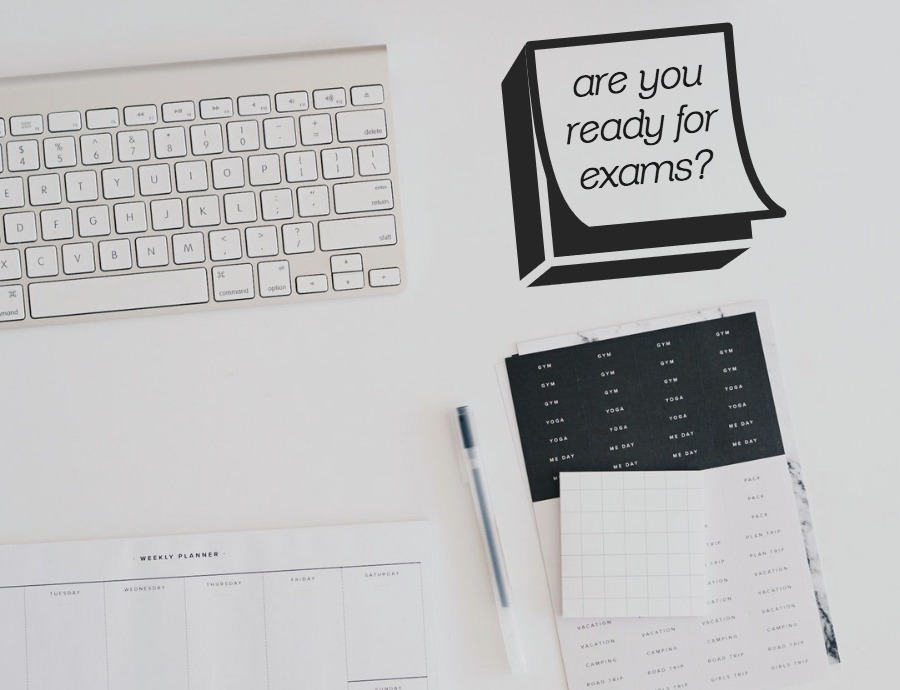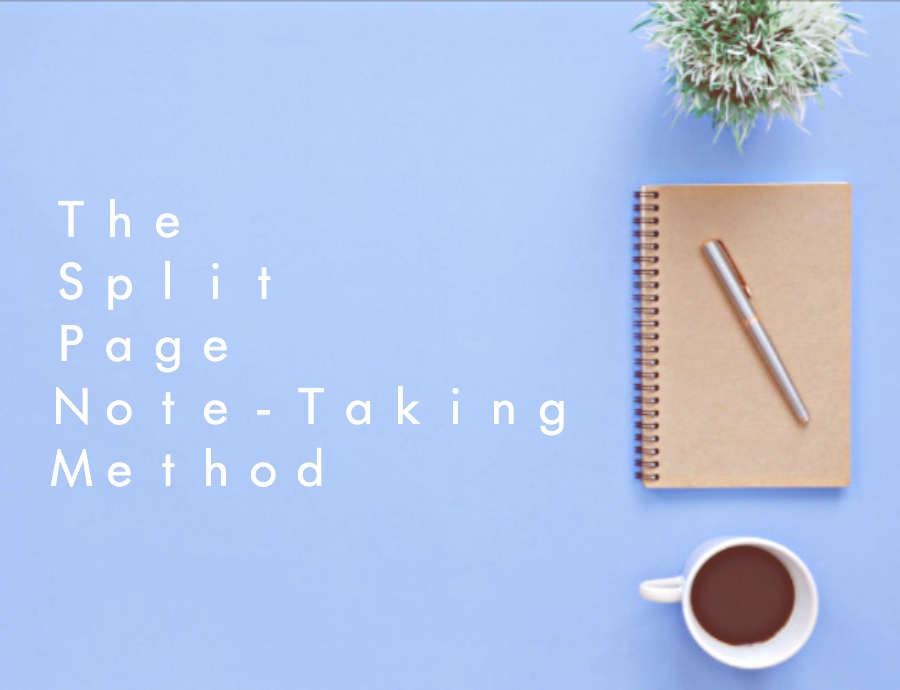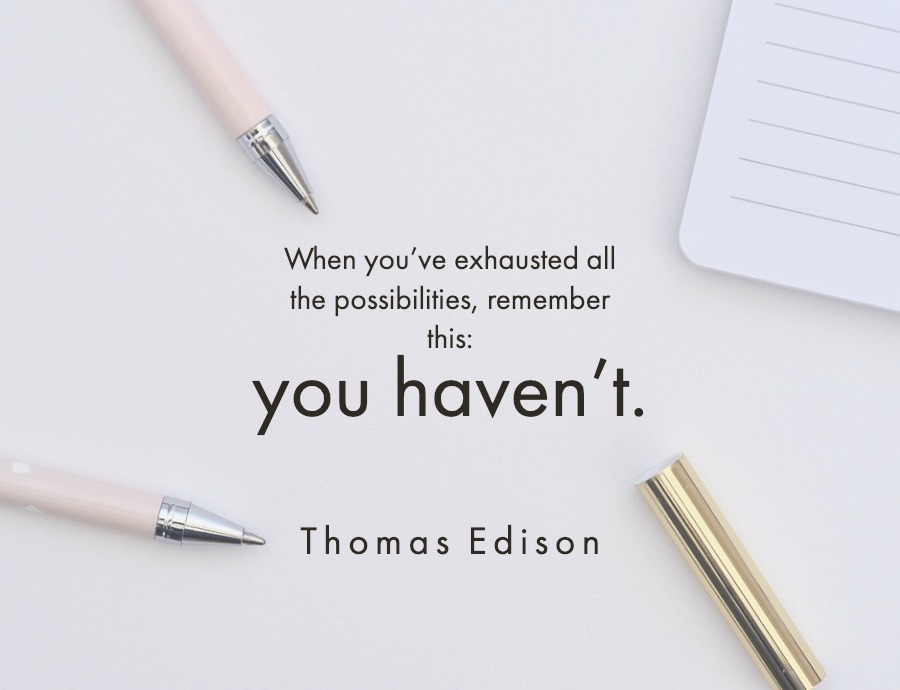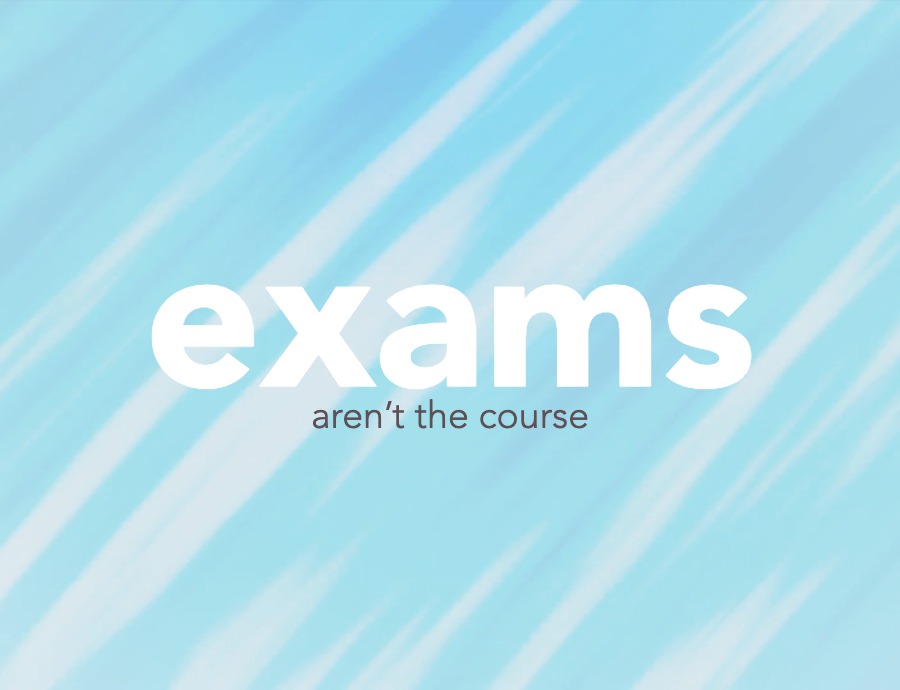Most students know these feelings: you spent ten hours locked in the library, and you hardly accomplished anything; you read your textbook all night, took notes, and don’t remember anything at the end; you sat at a study carrel with all your textbooks for an entire day, and you’re no closer to being prepared for midterms than you were when you walked in. These are all instances of low intensity work, or hidden procrastination, and they’re insidious. Not only did you waste time, but you drained yourself of the resources that you need to accomplish real work.
Wouldn’t it be better to work for less time and to accomplish more? It’s possible. If you want to do well in university, then you need to study smart. Use your time wisely. Be protective of your mental resources. Be on the look-out for hidden procrastination, and stop it before it starts. Here are some tips to help.
Another way to study smart is to study with experts. Check out Prep101.
Wouldn’t it be better to work for less time and to accomplish more? It’s possible. If you want to do well in university, then you need to study smart. Use your time wisely. Be protective of your mental resources. Be on the look-out for hidden procrastination, and stop it before it starts. Here are some tips to help.
- Learn to identify near-work, or wasted-work, and stop it. Be as self-aware as possible as you study. Check in with yourself every few paragraphs or every twenty minutes or so, and ask yourself if you’re still accomplishing work, and if you’re still studying with enough intensity. If you feel yourself dragging, then don’t waste your time. Stand up, walk around, get a drink of water. Do something that will help you get back on track.
- Give yourself small tasks, and set reasonable goals and time-limits. Don’t set out with a ten hour day and the vague idea that you’ll accomplish everything. Plan before you start. Give yourself small goals, and give each goal a time limit (ideally less than an hour each). Write down each of the goals and check them off as you go.
- Focus intensely for small chunks of time. When you’re working, make sure that you’re really working. Don’t look up, don’t look around, don’t check what other people are doing, don’t check social media. Give each of your small tasks all of your attention.
- Take real breaks. Once you’ve completed a task, schedule in a break. Use that time wisely. Do something that recharges you. Go for a walk, go to a café, or talk to a friend. You won’t feel like you’re cheating if you’ve set aside the time, and you’ll come back to work feeling refreshed.
- Choose the right study location. The best way to limit distractions and to keep yourself engaged is to choose a good location. Don’t choose your room (where you have a computer and a million other distractions), and don’t sit in a busy library with all of your friends. Find a quiet spot where you can concentrate.
- Pay attention to hydration, diet and exercise. Make sure that you’re drinking enough water and eating balanced meals. If you eat too many snacks (with too much refined sugar and flour), then you’ll feel drained of energy and won’t be able to work as intensely. Get yourself moving to get your blood pumping, between study sessions, and make sure that you don’t skip meals. If your body is working optimally, then your brain can work well too.
Another way to study smart is to study with experts. Check out Prep101.








